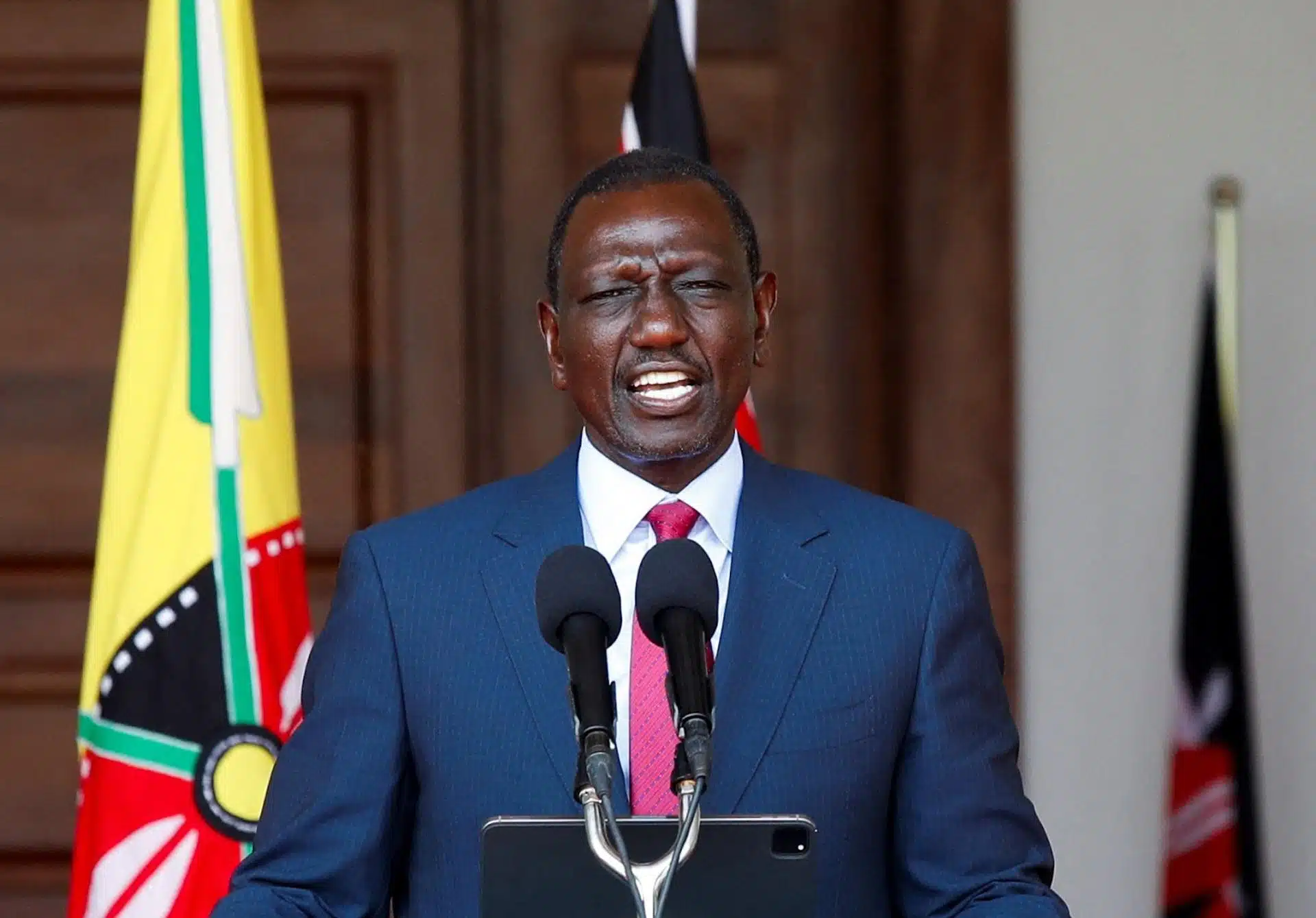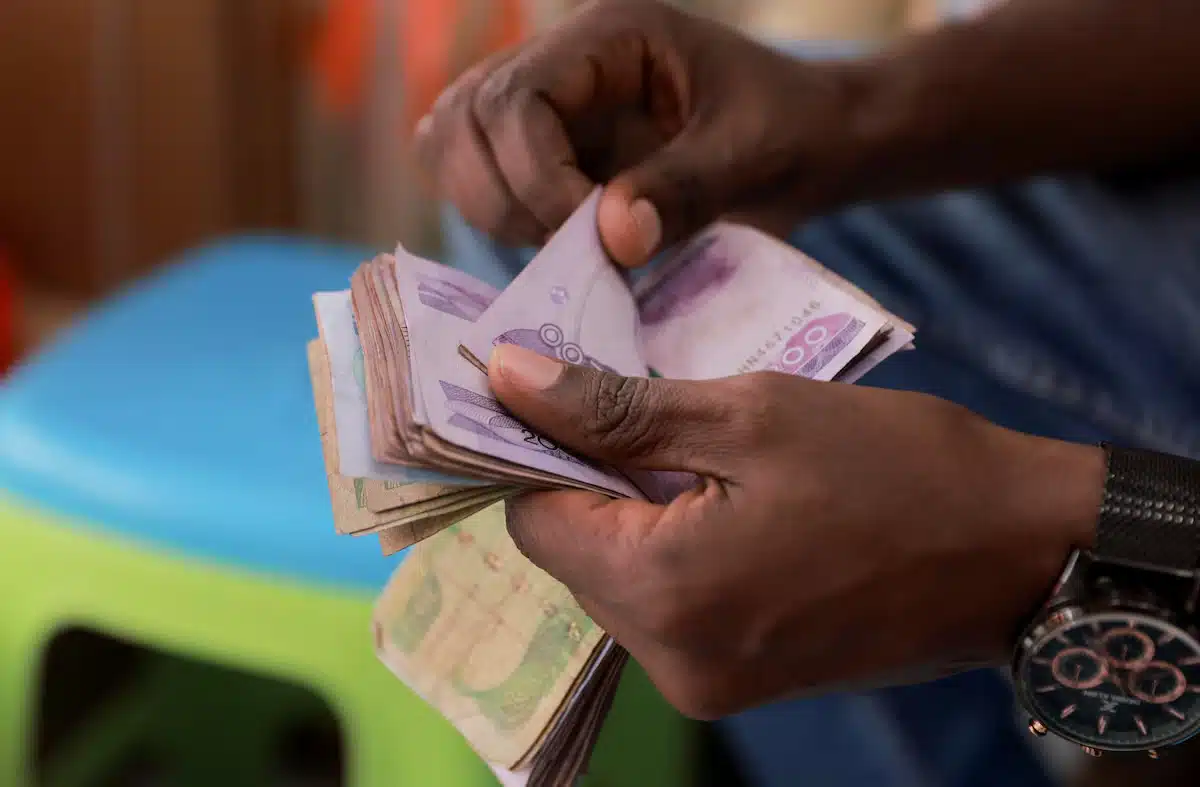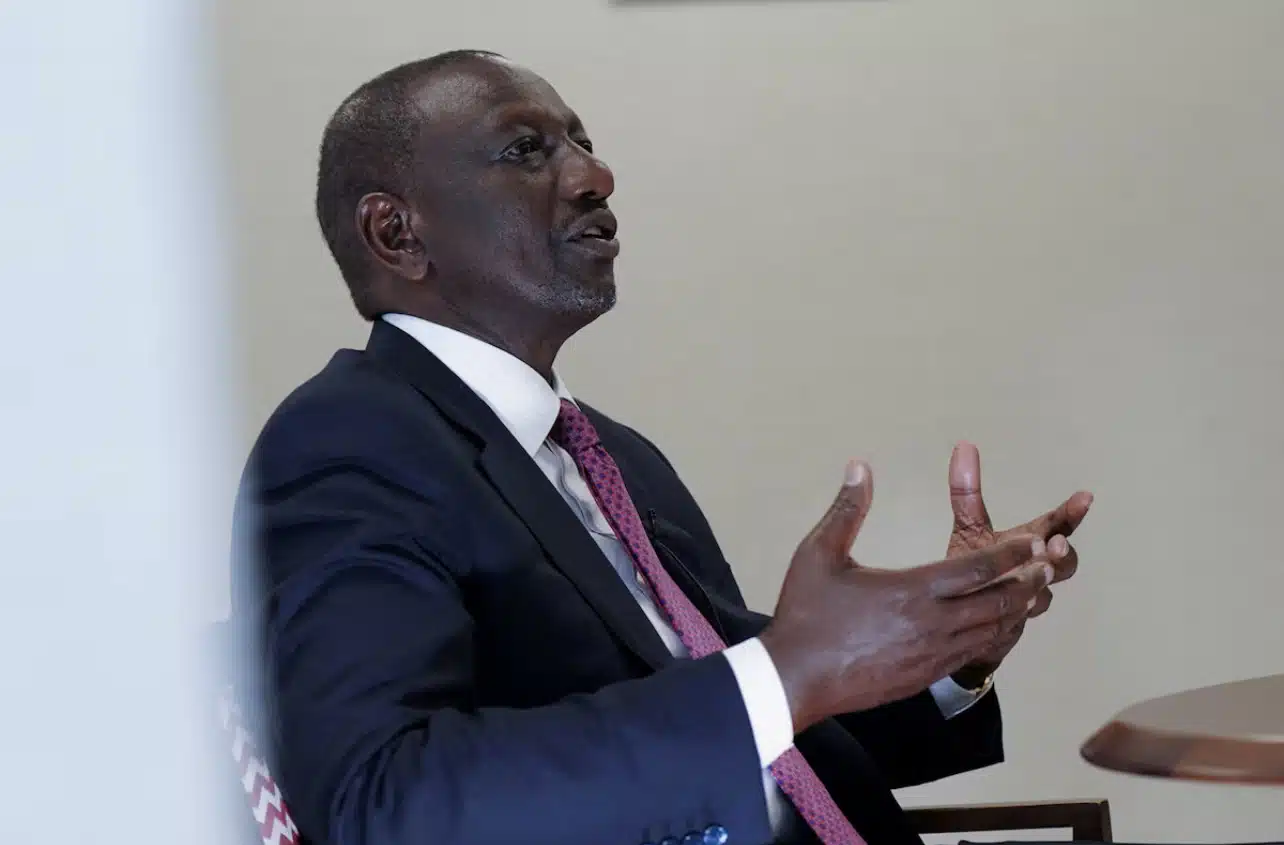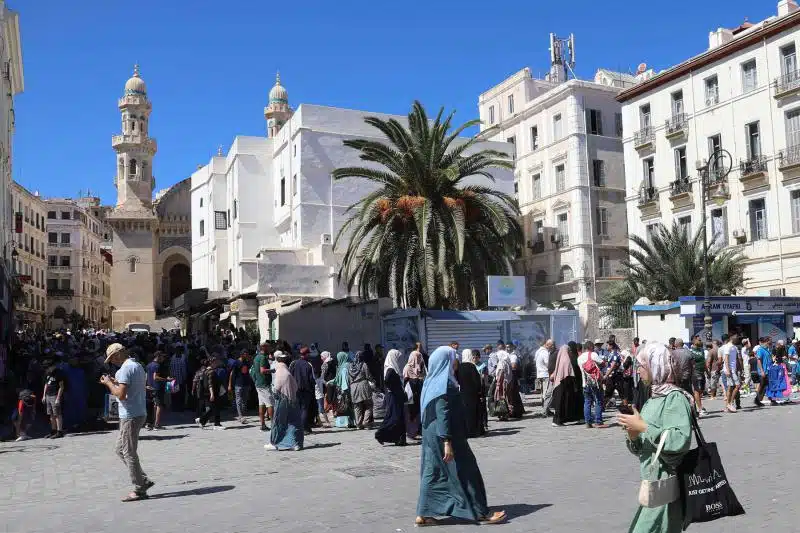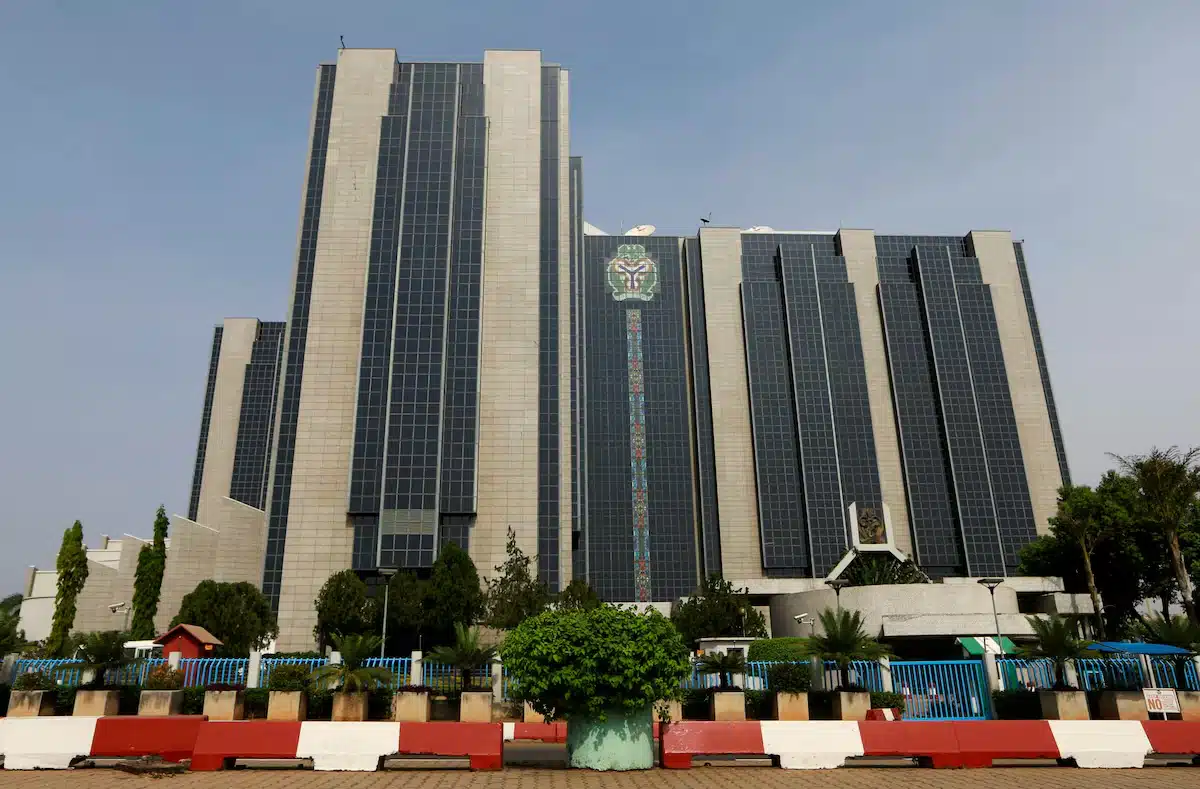Kenya’s President William Ruto on Wednesday signed into law the controversial Conflict of Interest Bill, 2023, paving the way for the release of $750 million in delayed World Bank funds amid growing fiscal pressure.
The move ends a protracted standoff between the policymakers over the bill’s content—one not only jeopardised a critical fiscal support package but opened a $734 million ($96 billion) hole in the 2024/25 budget.
The new law, which repeals the Public Officer Ethics Act, sets out a stricter framework for curbing abuse of office by public servants.
The Bretton Woods lender had made the anti-graft legislation a non-negotiable condition for disbursing the credit facility under its Development Policy Operation (DPO) programme.
“This is a very consequential moment in Kenya. We are making it much more difficult for people to take advantage of the offices they occupy,” Ruto said during the signing ceremony in Nairobi.
“The law ensures public resources are used for their intended purpose and that public officers serve with integrity, transparency, and accountability.”
The legislation empowers the Ethics and Anti-Corruption Commission (EACC) to enforce compliance, with oversight extended across all arms of government, including Parliament and the Judiciary.
It also introduces tougher rules on wealth declarations and expands the definition of conflict of interest to include close family members and county-level officials.
Months of political standoff
The passage comes after months of political wrangling that began in early 2025 when lawmakers passed a diluted version of the bill, prompting Ruto to reject it on May 2.
In his memorandum to lawmakers, the president criticised the removal of critical enforcement tools and narrow definitions of public interest.
He also warned that the bill in its existing form did not meet governance benchmarks agreed with the World Bank.
In June, John Mbadi, Kenya’s finance minister publicly confirmed that the $750 million World Bank loan, earlier scheduled to be disbursed that month, had been postponed, citing delays in enacting the bill.
“The World Bank funding seems to be going to July because some of the legislations (Conflict of Interest Bill) that was precedent for the release of these funds were delayed,” Mbadi had said.
He also revealed that this shortfall had forced the Treasury to table a third supplementary budget to plug budget funding gaps.
Following mounting pressure, lawmakers revisited the bill, adopting most of Ruto’s proposed amendments.
The National Assembly approved the revised text on June 3, with the Senate following suit in late July.
With the presidential assent secured, attention now turns to the World Bank’s board, which will decide on the disbursement’s final approval.
If approved, the credit facility would provide much-needed relief for a country grappling with growing fiscal pressure.
The World Bank, had earlier in the year, warned that Kenya risked defaulting on its debt amid rising obligations, sluggish revenue collection, and slowing economic growth—all of which have severely constrained its fiscal space.
NB:Fiscal figures were converted using the exchange rate of Ksh 129.3 per dollar as of June 30, 2025.

